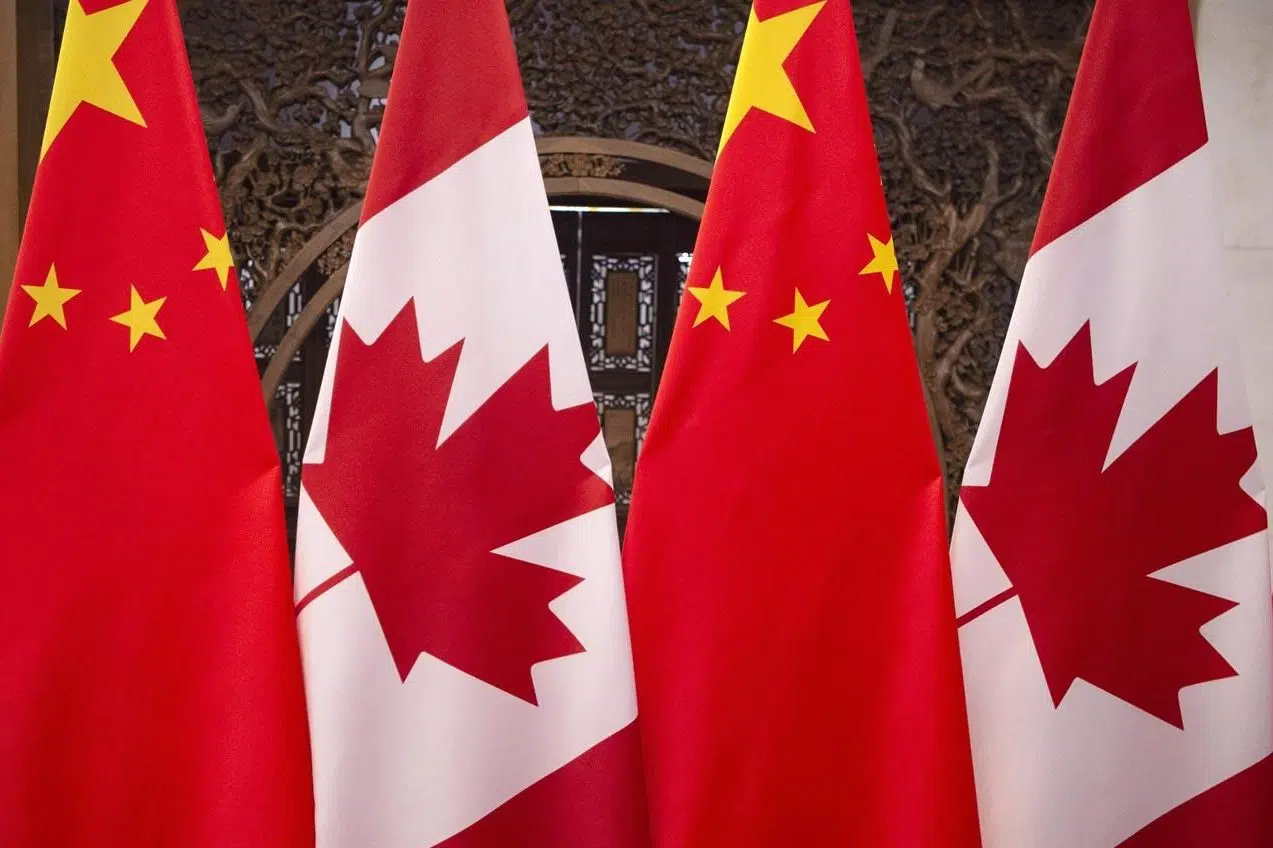MONTREAL — China is targeting another Canadian pork producer by temporarily halting imports allegedly over food safety issues at a time when diplomatic tensions are intensifying between the two countries.
The decision follows the reported discovery of ractopamine, a food additive banned in China, in a shipment of frozen pork tongues shipped to the city of Nanjing from Quebec-based Frigo Royal, according to the Xinhua News Agency.
“We have been briefed by China,” Federal Agriculture Minister Marie-Claude Bibeau said in Ottawa on Tuesday. “We have no scientific confirmation that (this substance) has been found.”
A company representative who did not want to be identified told The Canadian Press that there was “an investigation” but declined to provide more details.
Based in Saint-Hyacinthe, the company offers warehousing, distribution and exportation of food products. It became part of Expedi-Go Transit in February 2018 and is on the Agriculture Department’s list of export licence holders.
Used as an additive to pork, ractopamine is banned in China, Russia and the European Union, but is accepted in Canada and the United States.
Bibeau explained that when the Canadian Food Inspection Agency (CFIA) issues an export certificate, it “confirms that the product complies with the rules” of the country where it is exported. She added that Ottawa had “homework” to do.
“I do not want to speculate on the consequences that this may have on our relationship, but this is definitely not good news,” she told reporters.
According to Quebec Pork Producers, 70 per cent of provincial production is exported, with $283 million worth of product shipped to China last year.
Association spokesman Merlin Trottier-Picard said he’s not aware of anyone in Quebec or Canada using ractopamine for breeding.
“This is a concern of the industry in Canada to ensure that we can meet the needs of the requirements of all our export markets,” he said. “In China, they want to make sure they have ractopamine-free pork. We want to respond to this concern.”
The move will likely fuel speculation that China is again retaliating against Canada for arresting Huawei chief financial officer Meng Wanzhou in December at the request of the U.S.
In early May, China also temporarily suspended export permits for Quebec producers Olymel and Drummond Export, apparently due to a labelling problem. In the case of Olymel, this decision affects its Alberta plant in Red Deer.
“Our licence is still suspended,” said Bruno Mussely, director of international development at Drummond Export. “We presented an action plan to the CFIA and it was given to the Chinese authorities. It’s not in the hands of the Canadian government, but the Chinese.”
China also decided in March to suspend export permits for Canadian canola producers by claiming that their product was contaminated.
Canada exports about 40 per cent of its canola products to China, valued at $2.7 billion in 2018, according to the Canola Council of Canada.
Julien Arsenault, The Canadian Press







